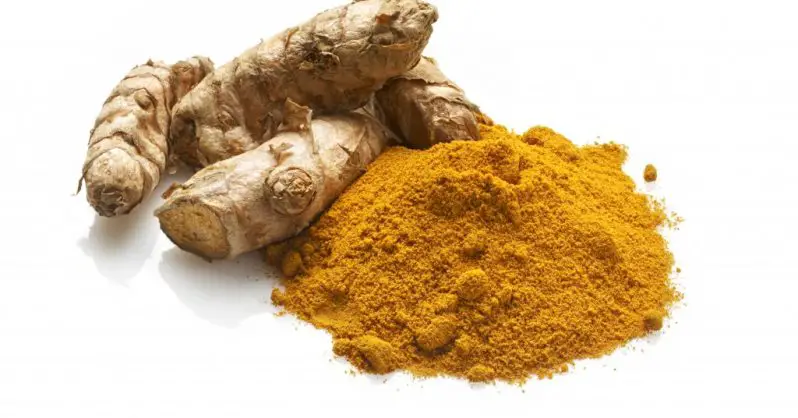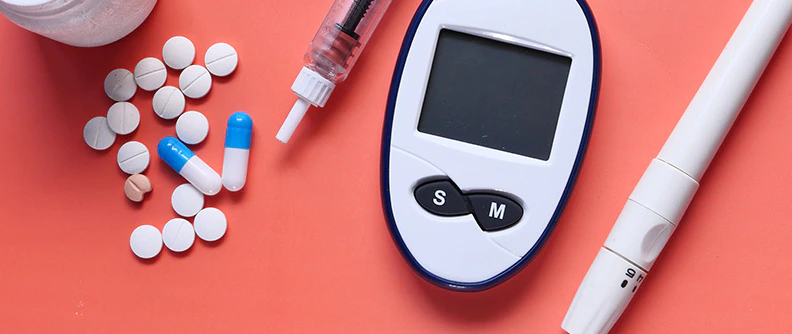Turmeric is often hailed as a “super spice,” known for its numerous health benefits and medicinal properties. But while turmeric can work wonders for many ailments, it’s not always safe for everyone, especially those on certain medications. The very compounds that make turmeric so beneficial can also interact dangerously with various drugs. So, before adding turmeric to your daily regimen, it’s crucial to understand how it can affect your body, particularly when combined with specific medications.
What Is Turmeric and Why Is It So Popular?

Turmeric, a bright yellow spice commonly used in Indian cuisine, comes from the root of the Curcuma longa plant. For thousands of years, it has been used in traditional medicine, particularly in Ayurvedic and Chinese practices.
- The Power of Curcumin: The magic of turmeric lies in curcumin, its active ingredient. Curcumin is responsible for most of turmeric’s therapeutic properties, including anti-inflammatory, antioxidant, and anticoagulant effects. These attributes make it popular for managing conditions like arthritis, digestive issues, and even skin problems. However, these same benefits can be risky when turmeric is mixed with certain medications.
The Benefits and Risks of Turmeric
Turmeric is celebrated for its ability to combat inflammation, reduce oxidative stress, and even support heart health. But, like any potent natural compound, turmeric’s interaction with medications can lead to serious side effects.
- Anti-Thrombotic Effects: Turmeric’s natural blood-thinning properties make it effective at reducing the risk of clots. While this can be beneficial for many, it becomes problematic when combined with prescription blood thinners, as it can increase the risk of bleeding.
- Antioxidant and Anti-Inflammatory Qualities: Curcumin’s antioxidant powers protect cells from damage and reduce inflammation. This makes turmeric an attractive option for joint pain relief, but it can also amplify the effects of certain medications, leading to unintended consequences.
Avoid Turmeric If You’re Taking These Medications
If you’re taking any of the following medications, turmeric could cause adverse interactions. Here’s why:
1. Blood Thinners
Turmeric’s natural ability to prevent clot formation can be dangerous when paired with prescription anticoagulants, which are already designed to thin the blood.
- How Turmeric Interacts: Turmeric enhances the effects of medications like warfarin (Coumadin), clopidogrel (Plavix), and aspirin, increasing the risk of excessive bleeding, bruising, and slow blood clotting. This can be particularly risky after surgeries or injuries, as the healing process can be compromised.
- Possible Side Effects: When combined with blood thinners, turmeric can lead to severe bleeding, nosebleeds, and longer clotting times. Always consult your doctor before taking turmeric supplements if you’re on blood-thinning medication.
2. Diabetes Medications

Turmeric has the ability to lower blood sugar levels, which can be dangerous when taken alongside diabetes medications.
- How Turmeric Interacts: Turmeric can enhance the effects of drugs like insulin, metformin, and other blood sugar-lowering medications, causing your blood sugar to drop too low.
- Possible Side Effects: Symptoms of low blood sugar (hypoglycemia) include dizziness, confusion, sweating, blurred vision, and even fainting. Combining turmeric with diabetes drugs can make managing blood sugar levels more difficult and potentially lead to hypoglycemic episodes.
3. Acid-Reducing Drugs
Turmeric may interfere with medications that reduce stomach acid, such as proton pump inhibitors (PPIs) and H2 blockers.
- How Turmeric Interacts: When taken with acid-reducing medications like omeprazole (Prilosec), esomeprazole (Nexium), famotidine (Pepcid), or ranitidine (Zantac), turmeric can actually increase stomach acid production instead of reducing it.
- Possible Side Effects: This can result in bloating, nausea, and stomach pain. For those prone to acid reflux, turmeric’s interaction with these medications could worsen symptoms and cause damage to the esophagus.
4. Antidepressants

Turmeric has mood-enhancing properties, but it can amplify the effects of certain antidepressants, especially selective serotonin reuptake inhibitors (SSRIs).
- How Turmeric Interacts: Turmeric increases serotonin levels, similar to how SSRIs work. When combined, the risk of serotonin syndrome rises—a condition that causes confusion, rapid heart rate, and even seizures.
- Possible Side Effects: Mixing turmeric with antidepressants like fluoxetine (Prozac), sertraline (Zoloft), or citalopram (Celexa) can cause anxiety, agitation, high blood pressure, and other severe side effects.
5. Anti-Hypertensive Drugs
Turmeric can lower blood pressure, which is generally a good thing. However, when combined with medications designed to control blood pressure, it can lead to hypotension (low blood pressure).
- How Turmeric Interacts: Drugs like lisinopril, amlodipine, and losartan can have amplified effects when combined with turmeric, resulting in dangerously low blood pressure.
- Possible Side Effects: Symptoms of low blood pressure include dizziness, fainting, and even kidney damage. If you’re on blood pressure medication, it’s essential to monitor your levels closely if you decide to use turmeric supplements.
6. Chemotherapy Drugs

Curcumin has antioxidant properties, which can sometimes interfere with the effectiveness of certain chemotherapy drugs.
- How Turmeric Interacts: While turmeric is often considered supportive during cancer treatment, it can disrupt the action of certain drugs by protecting cancer cells from oxidative stress.
- Possible Side Effects: This interaction can make chemotherapy less effective, potentially impacting the overall success of cancer treatment. Patients undergoing chemotherapy should consult their oncologist before taking turmeric supplements.
Other Potential Side Effects of Turmeric
Beyond drug interactions, turmeric can also cause allergic reactions, such as rashes, hives, and difficulty breathing. It can also cause gastrointestinal distress, particularly in large doses, leading to diarrhea, stomach cramps, and constipation. For those with gallbladder issues, turmeric may worsen symptoms due to its bile-stimulating effects.
Should You Avoid Turmeric Altogether?
Not necessarily. Turmeric offers numerous health benefits and can be a valuable addition to your wellness routine. However, it’s crucial to consult with a healthcare provider before introducing turmeric supplements, especially if you’re currently taking medications. Your doctor can help you assess potential risks and determine a safe dosage.
Conclusion: Be Cautious with Turmeric and Medications
While turmeric is a powerful natural remedy, it’s not suitable for everyone, especially those on specific medications. The very properties that make turmeric beneficial can also cause dangerous drug interactions, amplifying or disrupting the effects of medications. Always consult your healthcare provider before adding turmeric to your routine, particularly if you’re taking prescribed drugs. Remember, when it comes to supplements and medications, knowledge and caution are your best defenses.


